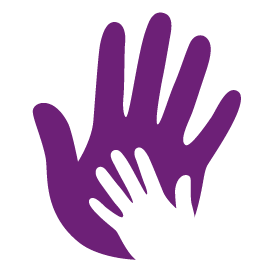Providing the best and most thorough care for children is important to our team. Our specialty providers take a team approach to caring for children, teens and young adults with vocal cord dysfunction and work together to accurately test for and treat it.
What is vocal cord dysfunction (VCD)?
Your vocal cords are two bands of muscle and tissue inside the larynx (voice box). When a person breathes in and out, air flows through the vocal cords and in and out of the lungs. However, with VCD, also known as vocal fold dysfunction, the vocal cords close when you breathe in and out, rather than open.
For some patients, the cause of VCD is unclear. VCD symptoms commonly mirror other conditions, like asthma, but the trigger may be unknown.
Some potential causes include things that bother the throat, like reflux, post-nasal drip, air pollution, smoke and overuse of the vocal cords from things like singing or cheering.
Symptoms of vocal cord dysfunction
- Exercise-induced shortness of breath
- Chest pain
- Lightheadedness
- Sore throat
- Frequent throat clearing or cough
Symptoms of VCD are similar to those for asthma. But, VFD symptoms are not eased by asthma medications and unlike asthma, usually don’t occur while sleeping.
Your care team
Our Vocal Cord Clinic condenses, what could be, up to three separate visits into one appointment for the patient. Patients see providers for a pulmonary check, exercise test and speech therapy evaluation. Your providers will run tests to check your breathing and your vocal cords to check for damage and other concerns.
Caring for vocal cord dysfunction
VCD is different than many other breathing problems. The main treatment for VCD is learning to manage and control symptoms when they occur, as the cause of VCD is often unknown.
Your providers will make a treatment plan and recommendations that may include:
- Speech therapy to learn relaxed breathing to control VCD.
- Medications to help treat upper airway irritations.
- Diet changes for irritated vocal cords or gastroesophageal reflux.
- Counseling to help adjust to the new diagnosis and recommended treatments.









